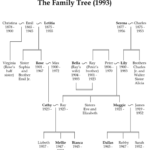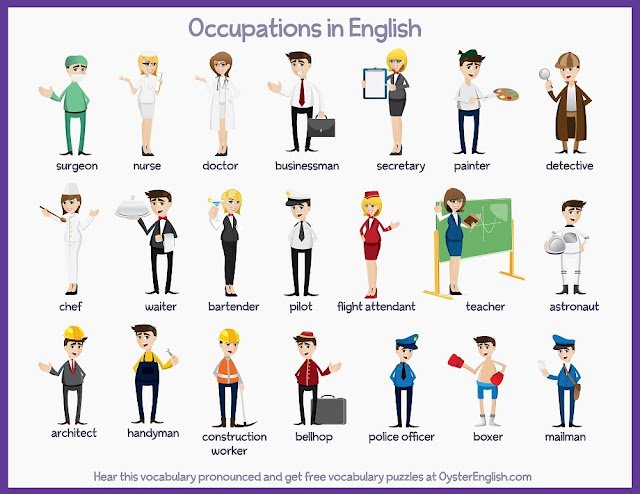When you start tracing your family history, one of the first things you’ll do is research your family names. Family names can tell you a lot about your ancestors and their origins. However, finding accurate information can be tricky. Fortunately, there are many resources for researching family names that can make this process easier. In this blog post, we will explore some of the best tools and platforms you can use to research your family name and uncover your genealogy.
1. Genealogy Websites
One of the best resources for researching family names is genealogy websites. These platforms give you access to a huge collection of historical records, including birth certificates, census data, marriage records, and more. By using these websites, you can trace your family names back through many generations.
Popular genealogy websites like Ancestry.com, MyHeritage, and Findmypast allow you to search for records based on your family name. These platforms also have tools that let you build a family tree and offer hints to help you find more information about your ancestors. They provide valuable resources that make it easier to piece together your family’s history.

2. Census Records
Census records are among the most helpful resources for researching family names. These records are collected every ten years and include important details such as names, birth dates, and places of residence. They can help you track where your ancestors lived and who they were related to.
You can find census records on many genealogy websites, including FamilySearch and Ancestry.com. These records are especially useful because they show family members together and help you understand more about your family’s life in the past.
3. Family History Books and Local Archives
Another excellent resource for researching family names is family history books. Many genealogists write books about specific families, and these can provide a wealth of information about your ancestors. You can find these books in libraries or through online platforms like Google Books.
Local archives are also a great tool for researching family names. Many towns or counties have archives with records that go back hundreds of years. These archives may include birth, marriage, and death certificates, as well as local histories that mention your family name. Visiting or contacting these archives can give you deeper insight into your family’s roots.
4. DNA Testing
DNA testing is one of the newest and most powerful resources for researching family names. Companies like AncestryDNA, 23andMe, and MyHeritage DNA offer DNA tests that can reveal your ethnic background and connect you with relatives who share the same family name.
By testing your DNA, you can verify family connections and discover new branches of your family tree. DNA tests help you confirm or explore new family names that might not have appeared in traditional records. They can be a powerful tool for confirming the details you’ve found through other research.
5. Online Forums and Genealogy Groups
Sometimes, the best resources for researching family names come from other people. Online forums and genealogy groups are filled with people who have experience researching family names. These communities are a great place to ask questions and share information.
Platforms like Reddit’s Genealogy Forum and websites like Genealogy.com and RootsWeb have active communities where people can discuss their research. You can find people researching the same family name and exchange tips, documents, and even family stories. These groups are an excellent resource for learning new ways to uncover your family’s history.
6. Public Records
Public records are one of the most reliable resources for researching family names. These include official documents like marriage licenses, wills, and property records. Local governments and archives usually maintain public records, and they can provide a lot of helpful information about your ancestors.
You can find public records through government websites or third-party platforms like FamilySearch. Public records often have details about family members, property ownership, and other important events in your ancestors’ lives. These records help you verify and expand your family tree.
7. Family Interviews
Sometimes, the best resources for researching family names are the people in your own family. By talking to relatives, you can learn about your family’s history, traditions, and stories. Interviews with older relatives can provide details that may not be found in official records.
Asking your family about their memories can give you valuable clues that lead to more formal research. They may have old photos, documents, or stories about your family’s past that haven’t been recorded anywhere else. Family interviews are an important resource in any genealogical research.
Conclusion
Researching your family names is an exciting and rewarding journey, but it can be challenging without the right tools. The resources for researching family names mentioned in this blog post can make the process easier and more efficient. From genealogy websites and census records to DNA testing and family interviews, there are many ways to trace your family’s lineage and uncover fascinating stories about your ancestors. By using these resources, you’ll be well on your way to learning more about your family history and preserving it for future generations.











